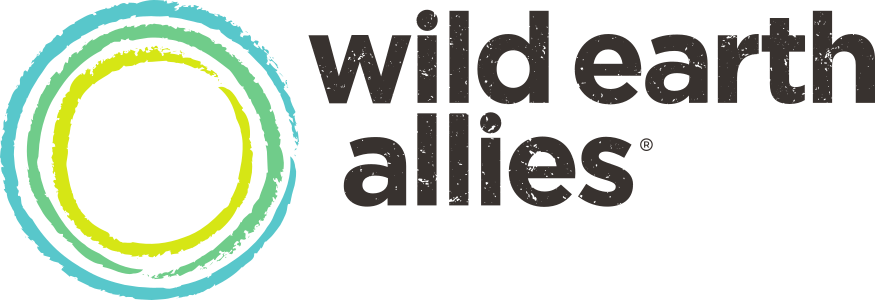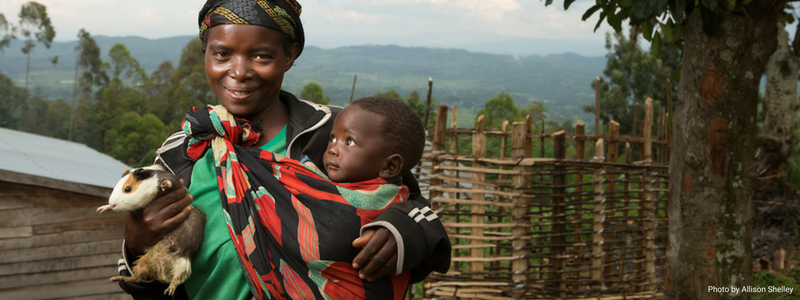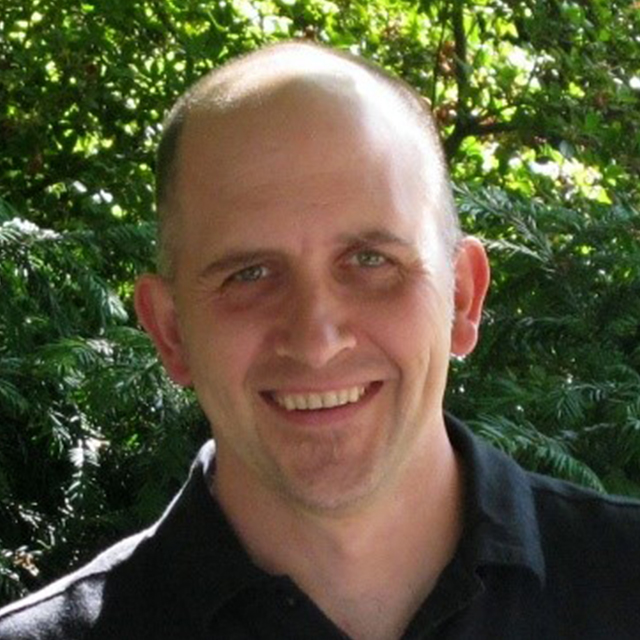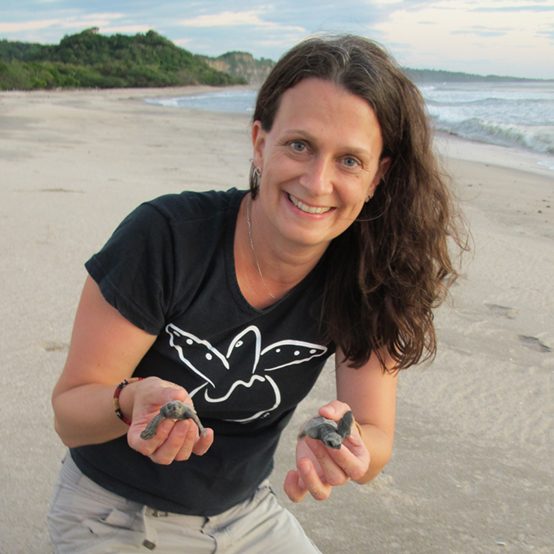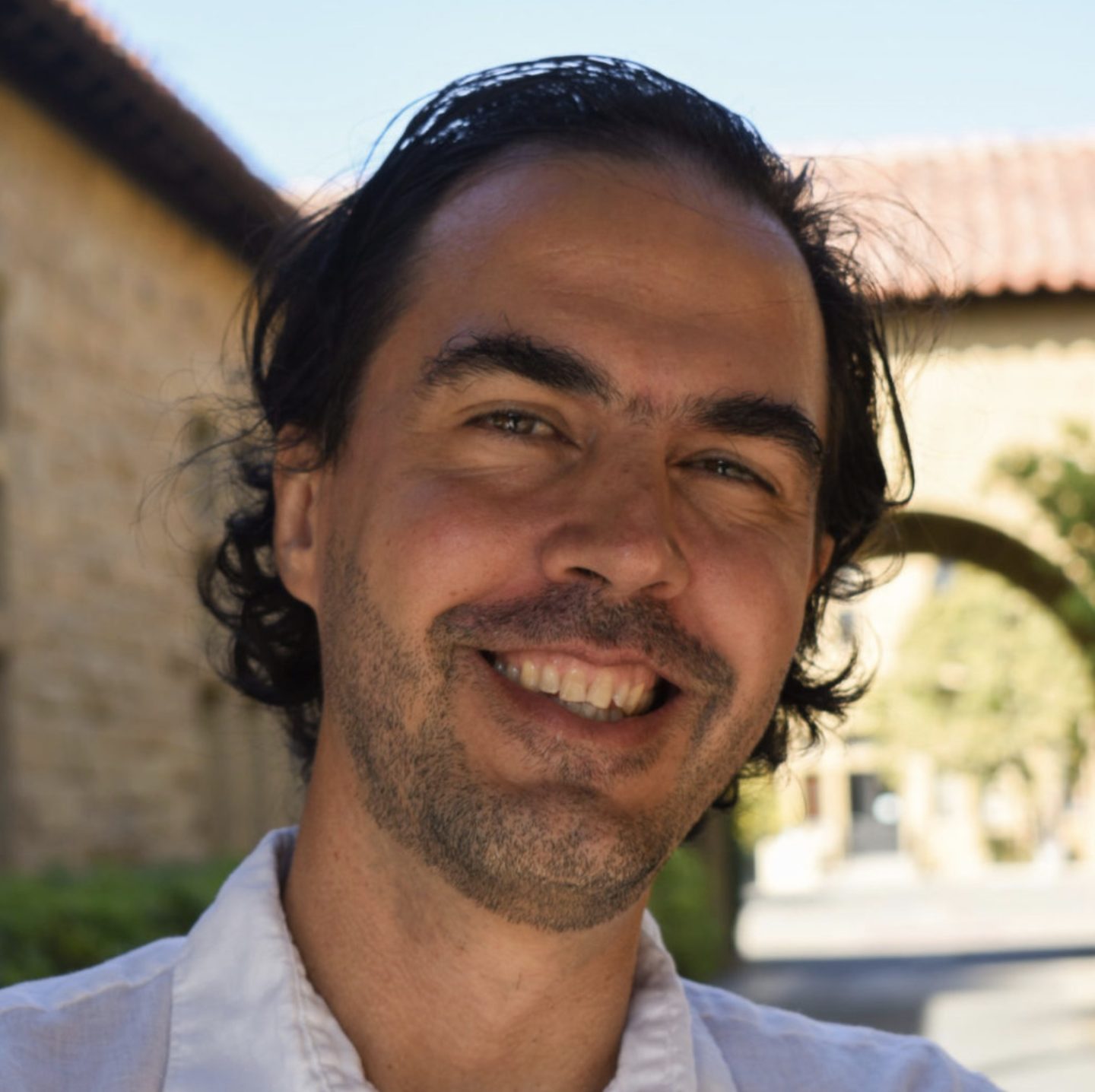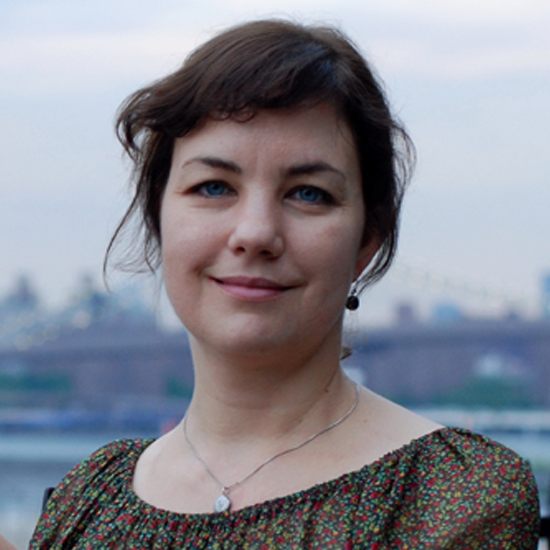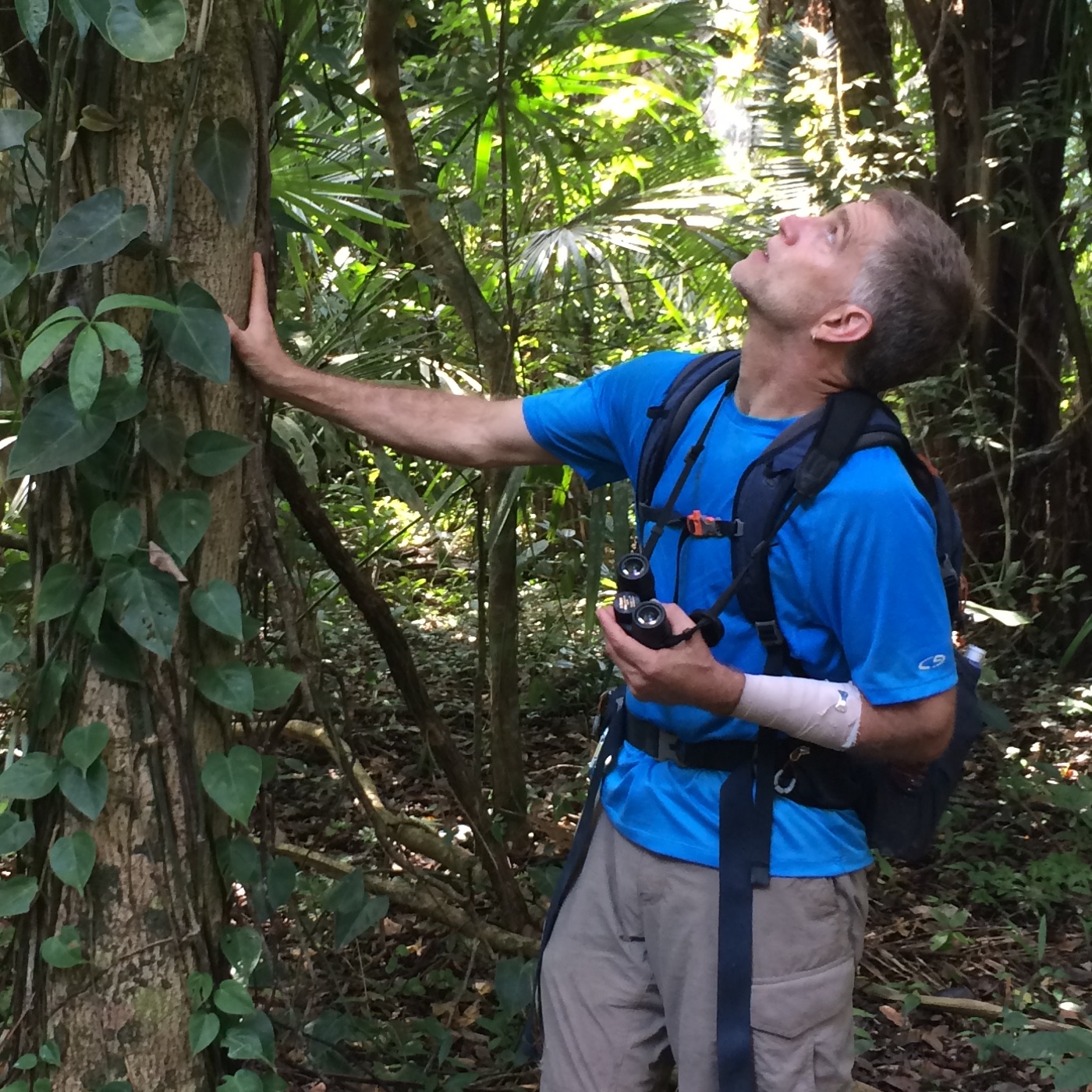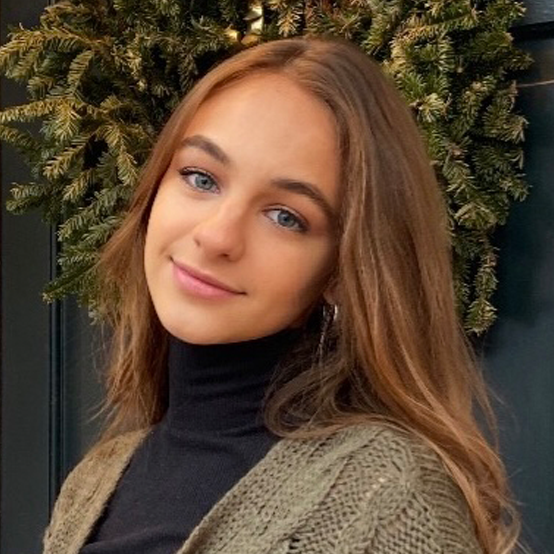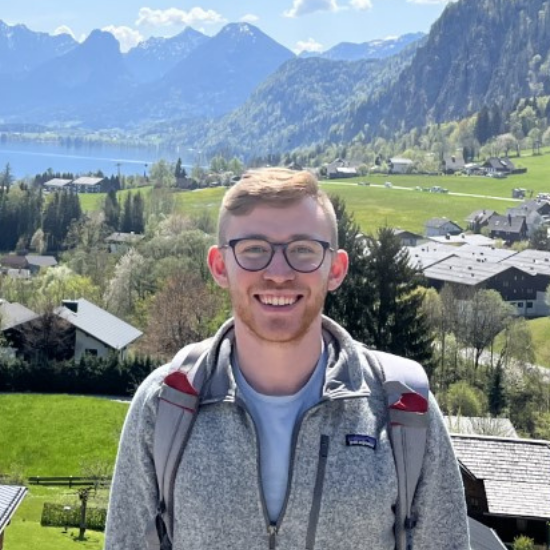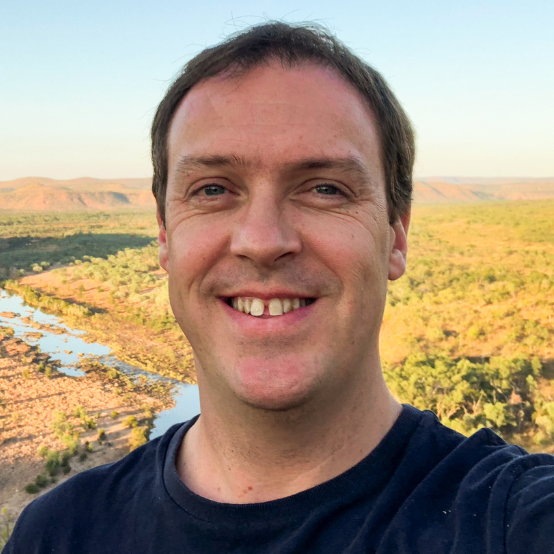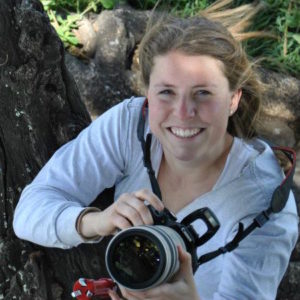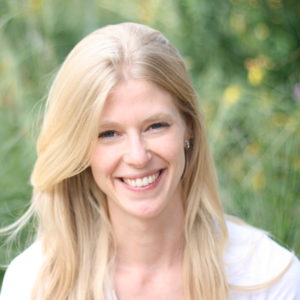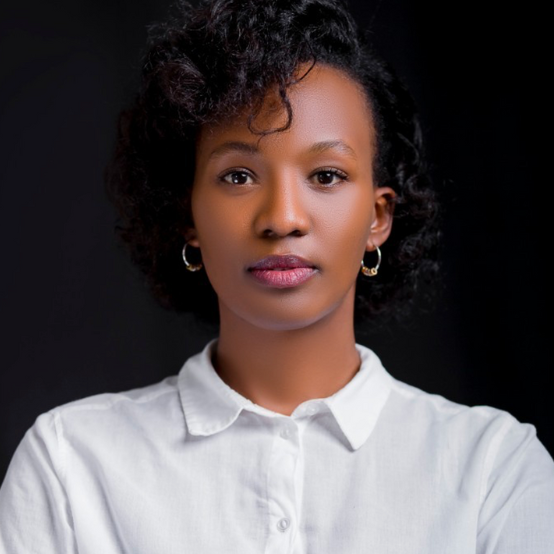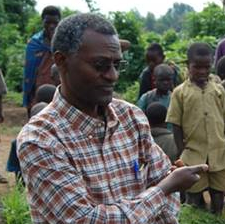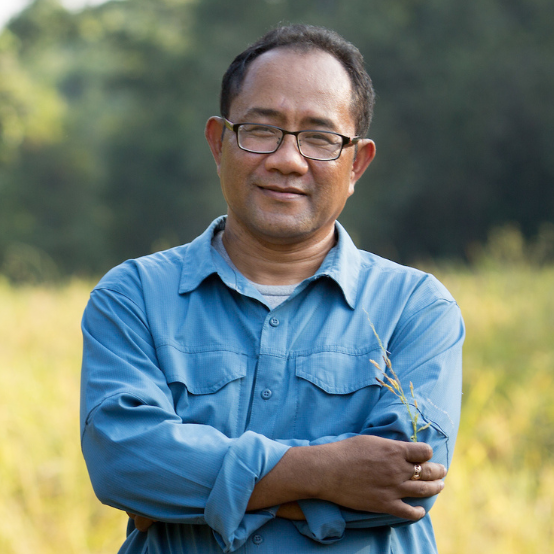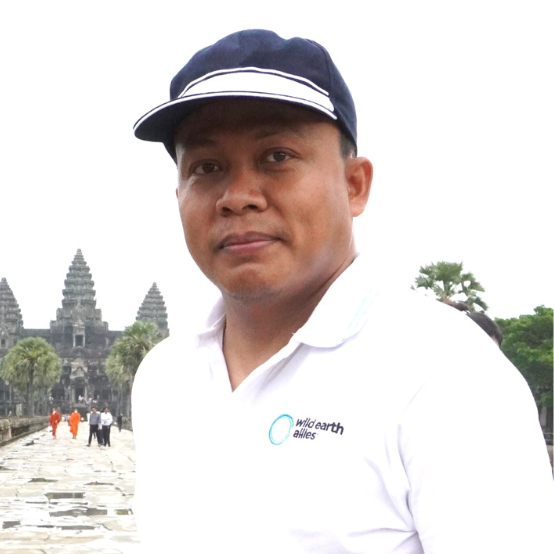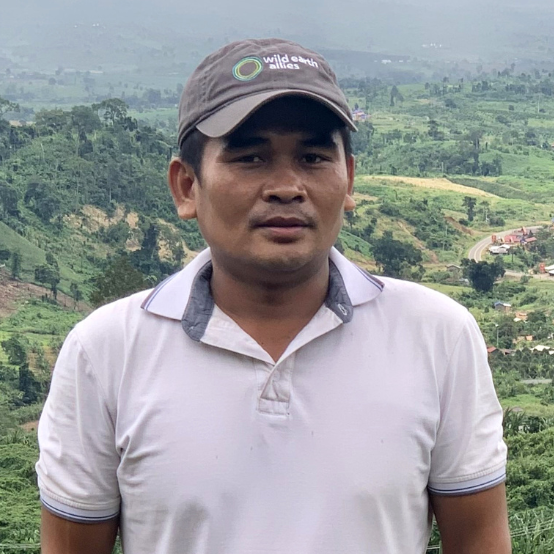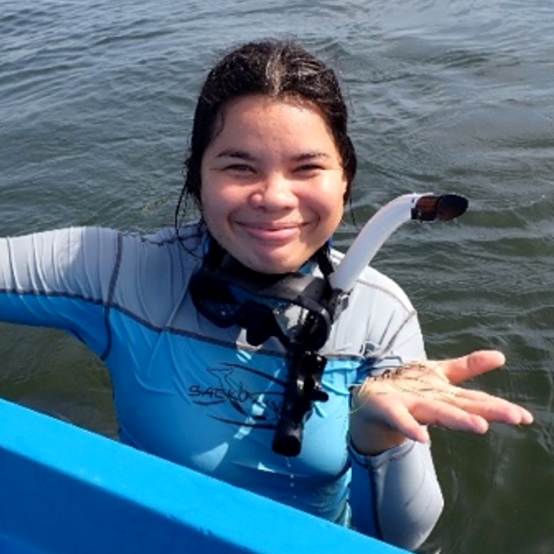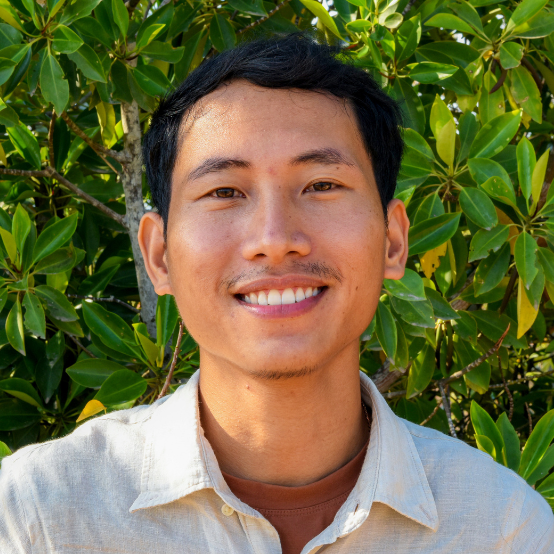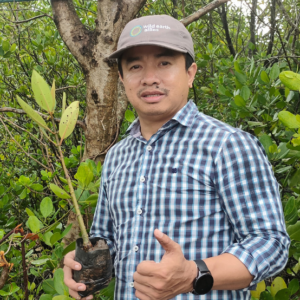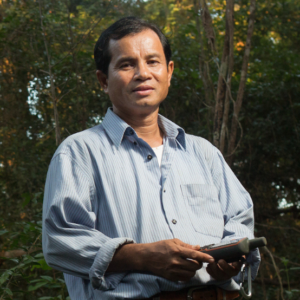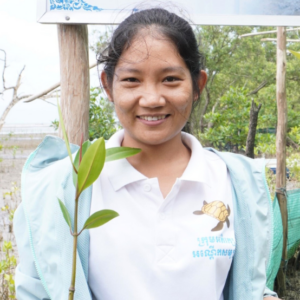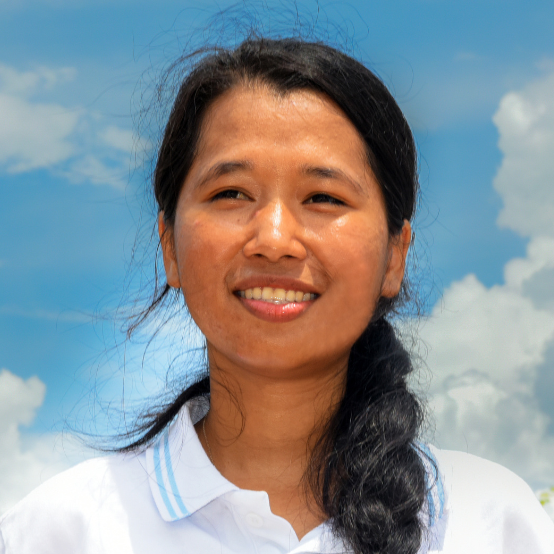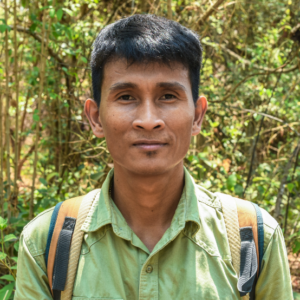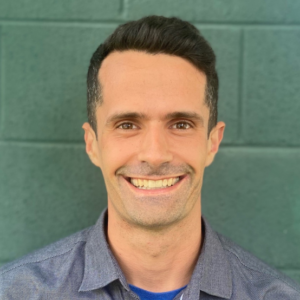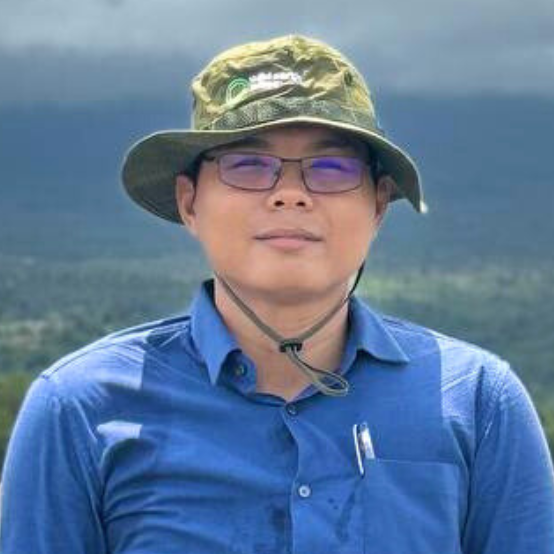A young mother able to feed her children and pay their school fees. A father able to avoid unnecessary risk for himself and his children. A community able to protect their natural heritage and work with dignity. These are the benefits of our community-based approach to conserving Grauer’s gorillas and other biodiversity in eastern Democratic Republic of the Congo (DRC).
In collaboration with our partner Primate Expertise (PEx), we are supporting an integrated small livestock and vegetable gardening initiative with Batwa pygmy communities. The program aims to reduce subsistence hunting pressures in Kahuzi-Biega National Park in eastern DRC, and helps communities by providing essential income and alternative food sources.
Loss of Traditional Lands
While the pygmy communities living adjacent to Kahuzi-Biega maintain a strong cultural connection to the forest, they lost access to this land when the park was created in the 1970s. Traditionally, the forest had provided for all their subsistence needs: food, medicine, and shelter. Adjusting to a new life without these resources has been difficult. Primate Expertise describes this experience in a recent article.
“Pygmies feel that they have lost their dignity as human beings and rely on other tribes for their daily needs. They are exploited by these tribes who consider them as a workforce destined for degrading and worthless work. In the new “modern world,” batwa pygmies are experiencing several issues including hunger, bad hygienic conditions, poor education of their children, poor health care, and housing problems.”
Restoring Livelihoods
We began supporting this livelihoods program with PEx in the fall of 2017. The program aims to reduce local poaching, provide food security for a vulnerable population, and restore dignity to the pygmy people. Initial efforts involved three communities and will soon extend to others. Guinea pigs were selected for this program for several reasons. They reproduce rapidly, do not easily spread diseases, and do not require a lot of resources to raise.
To begin the program, each village is given construction materials for a communal guinea pig shelter and 300 guinea pigs. Each qualifying household receives a share of the animals, which they then resupply with offspring once they reproduce. Families then have their own breeders and others to eat or sell. The breeding of guinea pigs is coupled with family gardening using guinea pig waste for fertilizer.
Independent photojournalist Allison Shelley captured the heart of this work when she visited the pygmy village of Buyungule, near Bukavu, DRC. The stories she heard were full of hope. Her images follow.

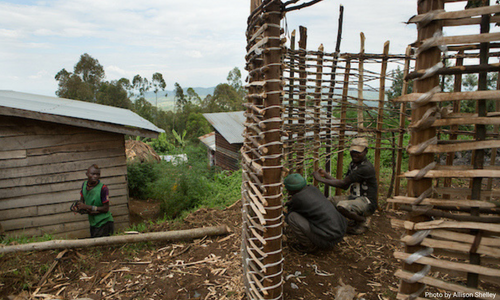
Marocain Baganda, in green hat, and Maisha Nshombo, right, construct a guinea pig pen in their village.
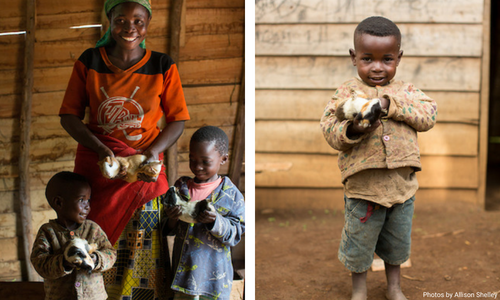
Claudine Mwa-Mudake, 28, and her children Elia, 3, and Eliana, 5, hold guinea pigs supplied to them through the project. She hopes that the extra income from the sale of the animals can pay hospital fees for giving birth and help her small rice-selling business (left). Elia holds a guinea pig (right).
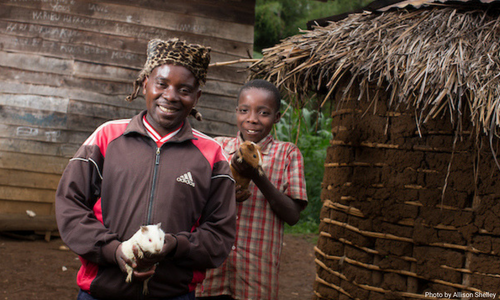
Village chief Cizungu Ntavuna, left, and his son Shukuru Kanyekuka, 15, hold guinea pigs supplied by the PEx project. “The life of a pygmy is getting meat. When we lived in the park, we ate it every day,” says Ntavuna. “With this project, we can eat meat again without having to risk [hunting illegally] in the park.”
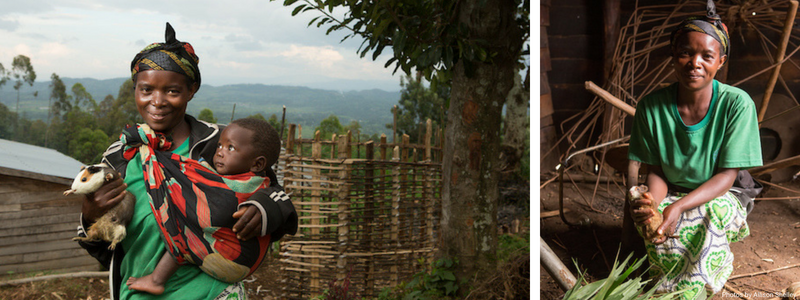 Nzigire Ntavuna, 35, holds her youngest son and one of the guinea pigs. Behind on the right is the beginning of the villages’s communal animal shelter. “guinea pigs will feed my entire family,” says Nzigire, and the extra income will pay their school fees.
Nzigire Ntavuna, 35, holds her youngest son and one of the guinea pigs. Behind on the right is the beginning of the villages’s communal animal shelter. “guinea pigs will feed my entire family,” says Nzigire, and the extra income will pay their school fees.
You can view other blog posts in this great ape series on our News page. Follow us on Facebook and Twitter, or sign up for our emails.

